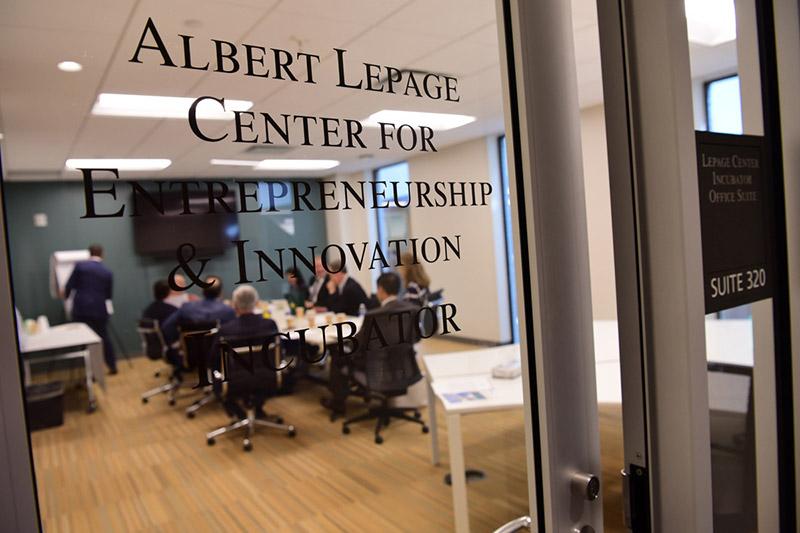Tulane University releases first report benchmarking New Orleans startup activity
Tulane University’s A. B. Freeman School of Business released the results of the 2019 Greater New Orleans Startup Report, the first comprehensive overview of the region’s entrepreneurial ecosystem.
Working with 22 economic development groups and community organizations, Freeman’s Albert Lepage Center for Entrepreneurship and Innovation surveyed more than 200 local startup-stage companies for the 60-page report, which aims to become the benchmark for tracking entrepreneurial activity in New Orleans.
“The Greater New Orleans Startup Report represents a new annual effort on the part of the Lepage Center to leverage Tulane resources to provide a comprehensive overview of startup activity in the 10-parish region,” said Ira Solomon, dean of the Freeman School. “The overarching goal is to inform public policy and attract additional investment to the area.”
For years, the surge in entrepreneurship in New Orleans has been a widely repeated narrative of the city’s post-Katrina rebirth. Yet, aside from anecdotal information about individual successes, there has been scant data behind the trend.
“This report will help us understand the health and well-being of our startup ecosystem in a rigorous, data-driven way,” said Rob Lalka, Lepage Center executive director. “For the very first time, we now have ecosystem-wide data that should offer new insights on revenue and hiring needs and provide clues as to what it will take to help our companies grow.”
The report detailsthe size of the city’s average startup, industry sectors represented, founders’ demographics, revenue information for the past two years and estimates for 2019, number of employees, whether they are growing, if they are seeking investment, where they received funding, workspace needs and much more.
Findings include:
- The majority (64%) of the city’s startups are small businesses, while 34% are early stage technology companies and 33% describe themselves as high-growth startups.
- Most are lean — almost 54% have 2 or fewer employees and 18% have 3-5 employees; on the other end of the spectrum 1.9% have 100-plus employees and 1.9% have 50-99.
- Access to investment and other funding sources is scarce. Most area founders have relied on bootstrapping (reinvested revenue), personal savings, friends and family, and credit card debt to finance their operations.
- Health care is the top industry, representing 17% of the region’s startups, followed by food and beverage (10%), hospitality (10%), media (10%), marketing (8%) and real estate (8%).
- While health care is the largest startup industry, energy and finance are projecting the highest revenue growth and have also raised significant investment capital.
- Approximately 39% sell services, 35% sell products and 25% sell both.
- Millennials are the area’s biggest startup demographic — 27.5% of the companies were founded by entrepreneurs between the ages of 30-34; 20% between the ages of 25-29 and almost 18% between the ages 35-39.
- Startups are optimistic about growth; 81% plan to hire at least one full-time employee within the next year.
- Area universities are significant startup producers — 51% of startup founders attended a local university.
To participate in the study, companies had to be located in the Greater New Orleans region with revenue less than $60 million and have been in existence less than five years or self-identify as participating in the region’s entrepreneurship ecosystem.
Lalka hopes the Greater New Orleans Startup Report will help officials track trends in the startup economy and whether new companies are growing or if they face common challenges.
“Over the next several years, we will be able to track whether we're getting healthier or whether we're getting sicker,” Lalka said. “And we can do that with this data over multiple industries and multiple geographies. We can track even granular information about whether companies are raising venture capital, self-financing or getting bank loans and other measures of financial well-being. That's very exciting as someone who cares about the ecosystem, and also as someone who wants us to be honest about where we stand — and where we need to go.”

